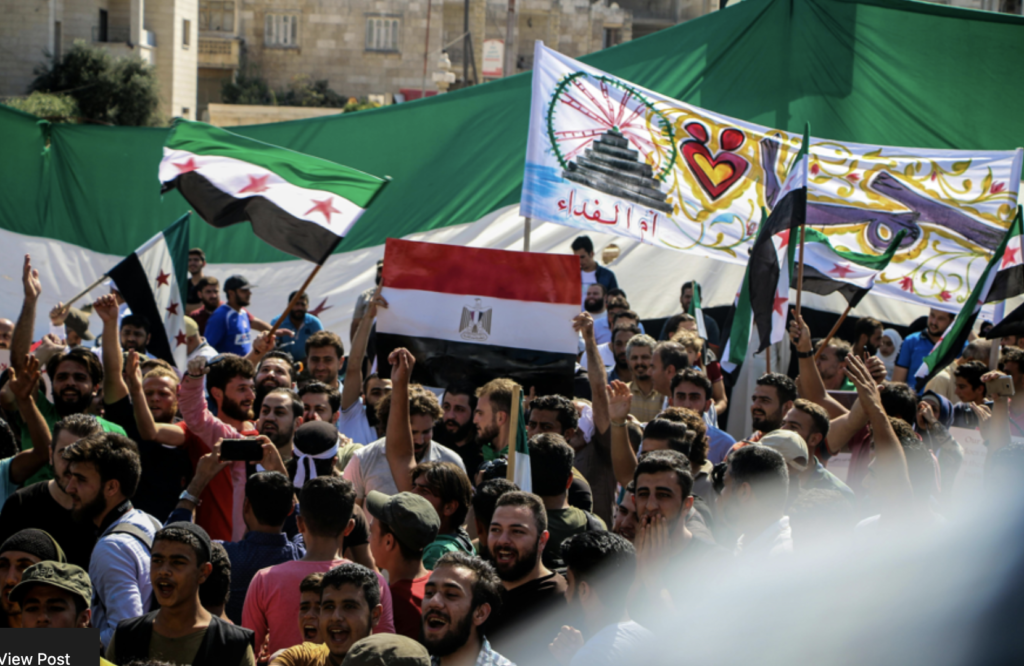Civil Rights and Legal Challenges Faced by Arab Americans

By: Raisa Sami/ Arab America Contributing Writer
The United States’ cultural, economic, and social fabric has benefited greatly from the contributions of Arab Americans. Despite their accomplishments, they encounter many difficulties and prejudice, particularly when it comes to civil rights. The legal challenges and civil rights concerns that Arab Americans are faced with are examined in this article. Palestine Legal, the National Lawyers Guild, and the American-Arab Anti-Discrimination Committee (ADC), have made countless efforts to defend these rights through pro bono work.
Despite living in the United States for more than a century, Arab Americans have experienced waves of discrimination, especially during tense geopolitical periods. Racial profiling, surveillance, and hate crimes against Arab Americans and those perceived to be Arab or Muslim increased dramatically in the wake of the 9/11 attacks. This historical background lays the groundwork for comprehending the legal and civil rights obstacles that they face today.
For Arab Americans, the events surrounding 9/11 represented a sea change. The USA PATRIOT Act, which was passed in October 2001, gave law enforcement more authority to monitor and investigate individuals, which had a disproportionate impact on communities of color, particularly Muslims and Arabs. Racial profiling, the indefinite detention of noncitizens, and heightened FBI scrutiny of mosques and Islamic organizations were all made possible by this act.
Arab Americans have frequently been the target of “random” searches, detentions, and interrogations at airports because of their race or religion. Concerns regarding religious freedom and privacy have been greatly heightened by law enforcement agencies’ surveillance of mosques and community centers. There has been a concerning increase in hate crimes committed against Arab Americans, especially Muslims. An environment of animosity and fear has been fostered by an increase in verbal harassment, physical assaults, and vandalism incidents.
Groups such as the Council on American-Islamic Relations (CAIR) have compiled many case studies and offered victims legal support. Unfair terminations, rejections of promotions, and unfriendly work environments are just a few examples of the discrimination Arab Americans frequently experience in the workplace. Title VII of the Civil Rights Act of 1964, which forbids discrimination in the workplace based on race, color, religion, sex, or national origin, has provided legal protections that have been essential in resolving these issues. Proving discrimination is still very difficult, though. There have been obstacles regarding immigration laws as well. Travel restrictions imposed by the Trump administration on several countries with large Muslim populations had a profound effect on Arab American communities. These prohibitions increased anti-Muslim sentiment in addition to dividing families. Civil rights organizations have spearheaded legal challenges to these policies, which led to some partial reversals; however, the long-term effects on government trust and community cohesion remain to this day.
Numerous legal associations have intervened to defend Arab Americans’ civil rights. Among them, Palestine Legal and the National Lawyers Guild (NLG) are leading organizations that offer crucial advocacy and legal assistance. With an emphasis on aiding marginalized communities, the NLG has a long history of upholding civil rights and liberties. They guarantee that Arab American students’ rights to free speech and assembly are upheld by offering legal support to those who are facing disciplinary actions or arrests. The NLG works on systemic discrimination in educational institutions through larger advocacy campaigns, in addition to taking on individual cases. Palestine Legal is committed to defending the civil rights of people who support the independence of Palestine, and providing legal assistance to academics, activists, and students who are facing legal challenges or institutional backlash due to their support for the Palestinian cause. The initiatives of Palestine Legal include direct legal representation, the provision of information and counsel, and public advocacy in opposition to discriminatory laws and practices.
Another important participant in the struggle for Arab American civil rights is the American-Arab Anti-Discrimination Committee (ADC). The ADC was founded in 1980 with the goal of eradicating prejudice, hate crimes, and stereotypes that target Arab Americans. They offer pro-bono legal services to people who are facing discrimination or legal challenges due to their national origin or ethnicity. The ADC’s mission also includes pro-bono legal work as a critical component. Many Arab Americans, especially those from low-income families, cannot afford legal counsel. They will always have access to legal assistance thanks to the ADC’s pro-bono network, regardless of whether they are facing immigration issues, discrimination, or false charges of terrorism.
Arab American advocacy groups have been at the forefront of advocating for civil rights and legal reforms in response to these challenges. To advocate for legislative changes, offer legal support, and increase public awareness, groups like the American-Arab Anti-Discrimination Committee (ADC), CAIR, and the Arab American Institute (AAI) are essential.To safeguard civil liberties, advocacy organizations have pushed for changes to the law. The End Racial and Religious Profiling Act (ERRPA) and discriminatory immigration policies are among the causes that are supported, along with calls to repeal the PATRIOT Act’s provisions that permit racial profiling. Male citizens of countries with a large Muslim population were forced to register with the government under programs like the National Security Entry-Exit Registration System (NSEERS), which was implemented in 2002. This resulted in many deportations and the separation of families. NSEERS was ultimately suspended, but not before leaving a lasting impression that encouraged mistrust and terror within the Arab American community.
There is hope despite these challenges. The future is one in which discrimination is prohibited and civil rights are upheld, thanks to the tireless efforts of these organizations and the tenacity of the Arab American community. We can work toward a more inclusive and equitable society for all, by keeping the public aware of these problems and pushing for change.
Check out our Blog here!








